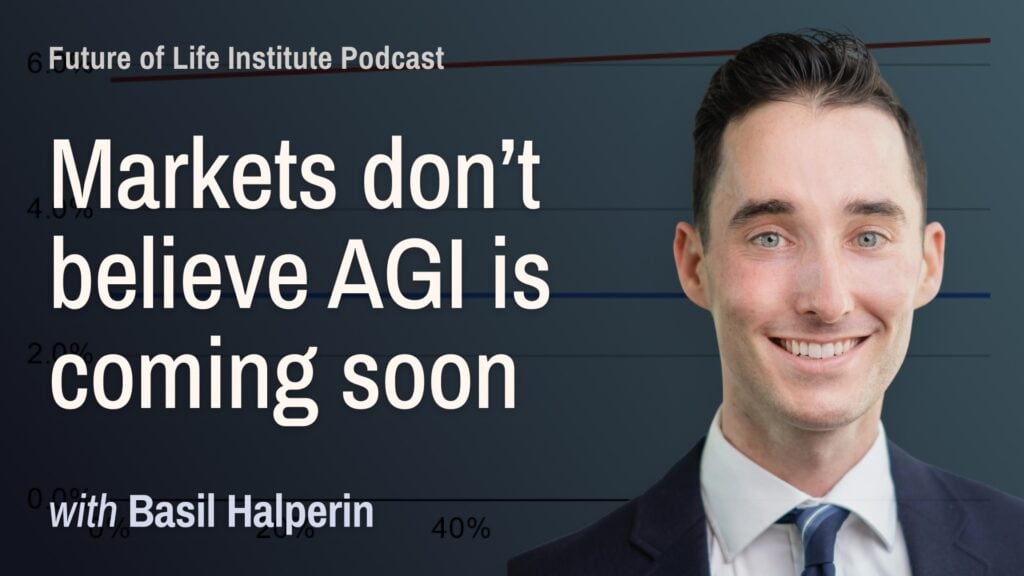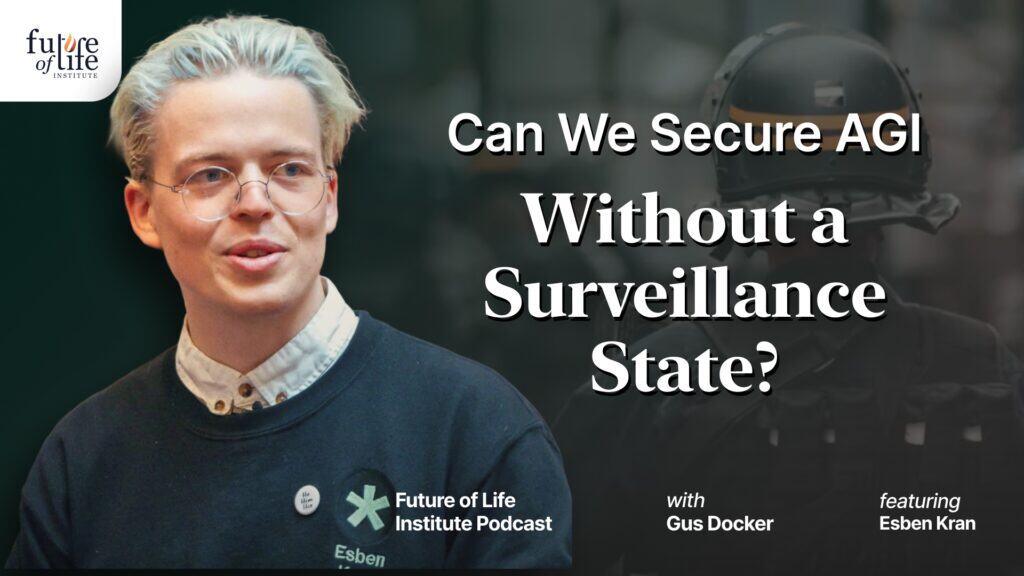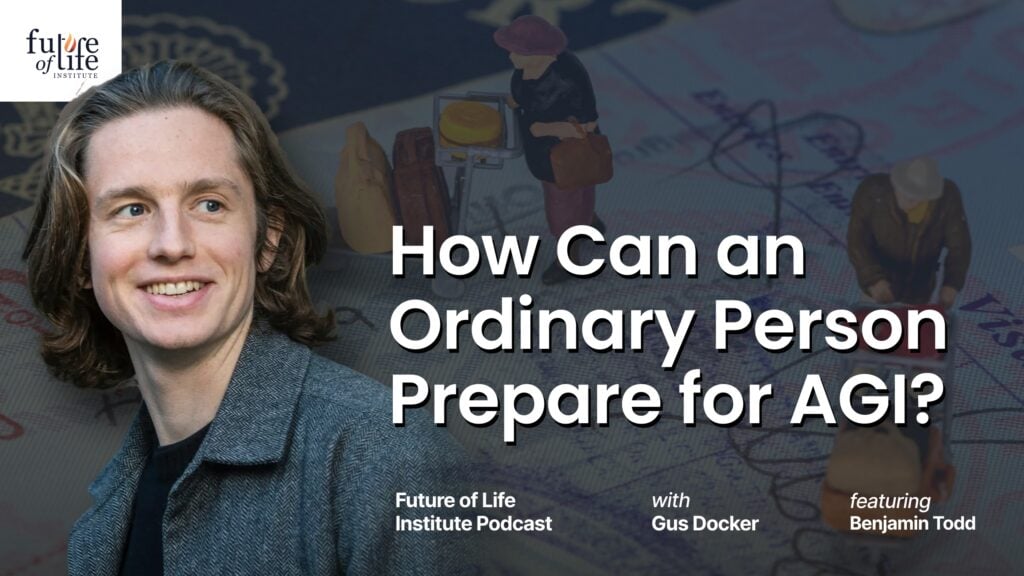News of the Week: AI Writes

Contents
The obvious news of the week is Microsoft’s debacle with TayTweets, the twitter bot that, as @geraldmellor explained in his own popular tweet, “went from ‘humans are super cool’ to full nazi in <24 hrs.” But we have guest bloggers working on upcoming articles about Tay that will hopefully go live in the next few days.
Instead, I want to take a look at the AI that coauthored a short novel, which successfully passed through the first round of a science fiction literary competition in Japan.
Novels are arguably among mankind’s greatest achievements. Depending on who one asks, the novel format dates back to the 16th century, though Don Quixote by Cervantes, published in 1605, is often considered to be the first novel of the modern age. Since then, authors have stretched their imaginations, using fiction as a means of drawing attention to political issues, swaying public opinion, and simply entertaining.
While many reports have come out recently about massive job loss as a result of automation, most have anticipated the jobs lost would be lower-skilled work. When AI enthusiasts imagine a world in which general artificial intelligence has been achieved, many anticipate a world in which people will have more free time to follow creative pursuits.
What happens if AI can become as creative as humans? Massive job loss is a big problem we have to tackle, but in most cases, the loss of income is really the underlying issue, and that’s something that we can overcome if we choose to.
Creative pursuits are an entirely different story. Some people have spent their lives dreaming of becoming a novelist. How do we avoid creating AI that crushes people’s life-long dreams?
Happily, in the short term, this particular AI program could be a boon to busy writers. The program relied heavily on the input of the researchers to form the basis of the the story, and, as Satoshi Hase, a Japanese science fiction novelist, noted:
“I was surprised at the work because it was a well-structured novel. But there are still some problems to win the prize, such as character descriptions.”
I can envision programs in the near future in which the novelist comes up with a story idea, inputs that into a program, and the program does the heavy lifting of putting just the first draft together. Then the human wordsmith can go back through the story to turn it into the literary magic that humans are so good at creating. Since getting that first draft together can be the hardest part of writing a book, this could be an incredibly helpful tool for struggling – or even successful – writers.
However, the goal of true AGI is to create intelligence that can mimic, replicate or improve upon all aspects of human intelligence, including imagination and creativity. As Hitoshi Matsubara, the creator of this novel-writing AI said,
“So far, AI programs have often been used to solve problems that have answers, such as Go and shogi. In the future, I’d like to expand AI’s potential [so it resembles] human creativity.”
What would a future look like in which artificial intelligence can outperform humans in even the most creative of tasks?
About the Future of Life Institute
The Future of Life Institute (FLI) is a global think tank with a team of 20+ full-time staff operating across the US and Europe. FLI has been working to steer the development of transformative technologies towards benefitting life and away from extreme large-scale risks since its founding in 2014. Find out more about our mission or explore our work.
Related content
Other posts about AI, Recent News

The U.S. Public Wants Regulation (or Prohibition) of Expert‑Level and Superhuman AI



